All over the world people are coming together to build a better future for their communities and themselves, despite challenging situations. Their experiences don’t hit the headlines, but offer some ideas about how humankind can live in a modern world and counter the neoliberal, capitalist system. These solutions – many of them coming from the global majority – can help us to reimagine an alternative future where we tackle inequalities and distribute power equally, so that everyone can live a healthy and dignified life.
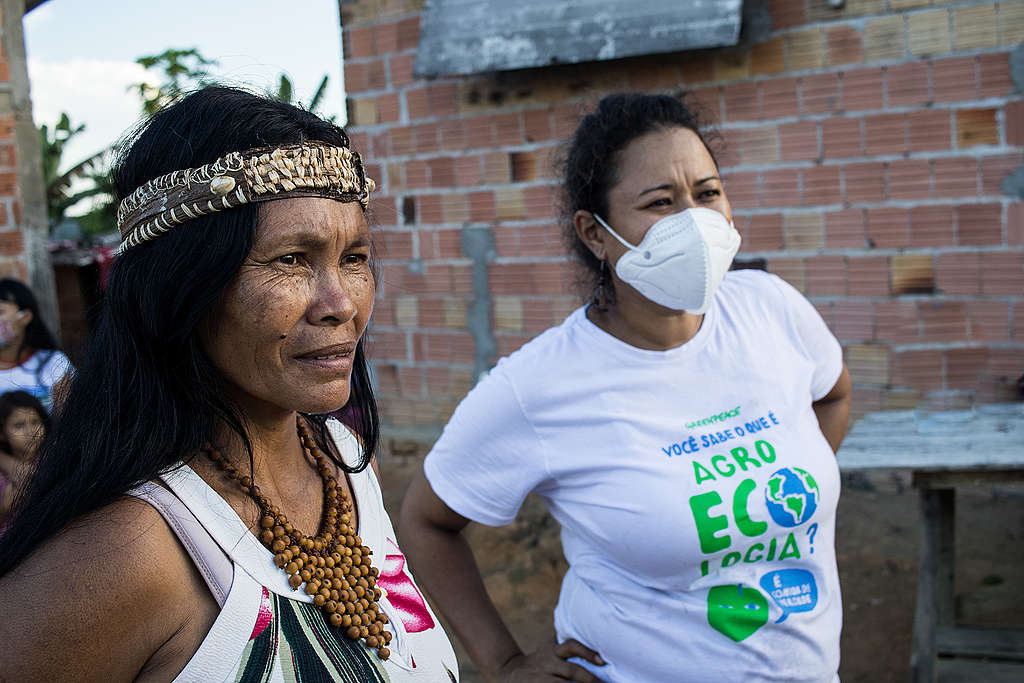
At the meeting point of the Rio Negro and the Amazon lies Manaus, capital of Brazil’s Amazonas state, known for the precarious conditions in its fast growing shanty towns which lack basic infrastructure. In its first Indigenous neighbourhood, Parque das Tribos, founded in 2014 on an abandoned plot of land and home to some 750 families from more than 30 ethnic groups, people are connecting younger generations with their roots to help counter the alienation they feel in the modern world.
The COVID-19 pandemic hit the community hard, with a high mortality rate and deaths of traditional leaders, while in Brazil as a whole, it sparked a hunger crisis which continues today with some 33 million people across the country not having enough to eat, – a problem which the government has failed to address. Despite these challenges, the Parque das Tribos community members have worked together for the collective good.
It’s not just food; it is identity
Renata Peixe-Boi, of the Mura Indigenous group, is the founder of the Boca da Mata communal kitchen that provides healthy, balanced meals. She points out that fresh food is a class issue and many residents in the community consume too much ultra-processed food, usually due to lack of income, availability or conditions to keep fresh food.
But fresh food is about more than just healthy eating; it is an affirmation of Indigenous identity. “For those who live in this culture, it’s very different if you eat, for example, manioc that is freshly harvested the day before,” she said. “For Indigenous people, this carries a symbolism, a very strong memory that belongs to the countryside.” Some of the manioc and other food are grown in small plots inside the community, but the majority of the fresh produce arrives via donation.
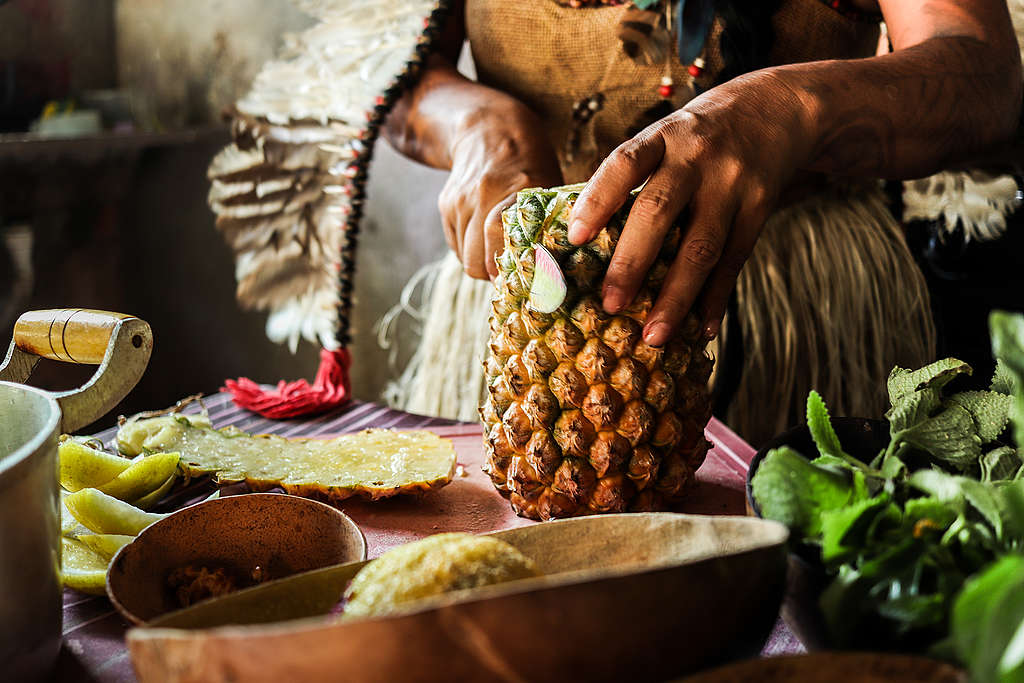
Indigenous women in Brazil’s urban environments like Parque das Tribos are often economic migrants who have left their traditional homes. Such migration patterns to the city are extremely common and are usually driven by the search for work, education, healthcare and other infrastructure. However, most of these women who immigrate to the city to work as domestic servants are earning very low wages and go through a lot of racism, humiliation, harassment and violence.
The kitchen therefore is also a political space of empowerment where women living in the city can exchange ideas and learn from each other, as Indigenous women from different groups and realities, as well as practise or re-learn their traditional languages – and then transmit these languages to their children. It provides the opportunity for children and young people to reconnect with their Indigenous culture – mostly through language and shared communal experiences with members of their ethnic group and others – and learn about the possibility of a profession.
“These young people we’re talking about are the children of these women who often left their territories when they were still young and never returned,” she said. “The city does not offer this possibility of these exchange
Bonds and roots protect us
Aside from the kitchen, Parque das Tribos is also home to several other initiatives that seek to affirm and valorise Indigenous culture in the urban setting. Claudia Baré is an Indigenous teacher who is working to install a specialised Indigenous school in the community where children can learn about their roots and traditions. Located in the crime-ridden outskirts of one of Brazil’s most unequal and violent metropolises, children and young people at Parque das Tribos are vulnerable to coercion from crime.
“There were children who could not study and were thus at the mercy (of crime), you know that when the child is on the street, people of bad nature come and end up taking him on the wrong path…drugs, drinking,” Claudia said.
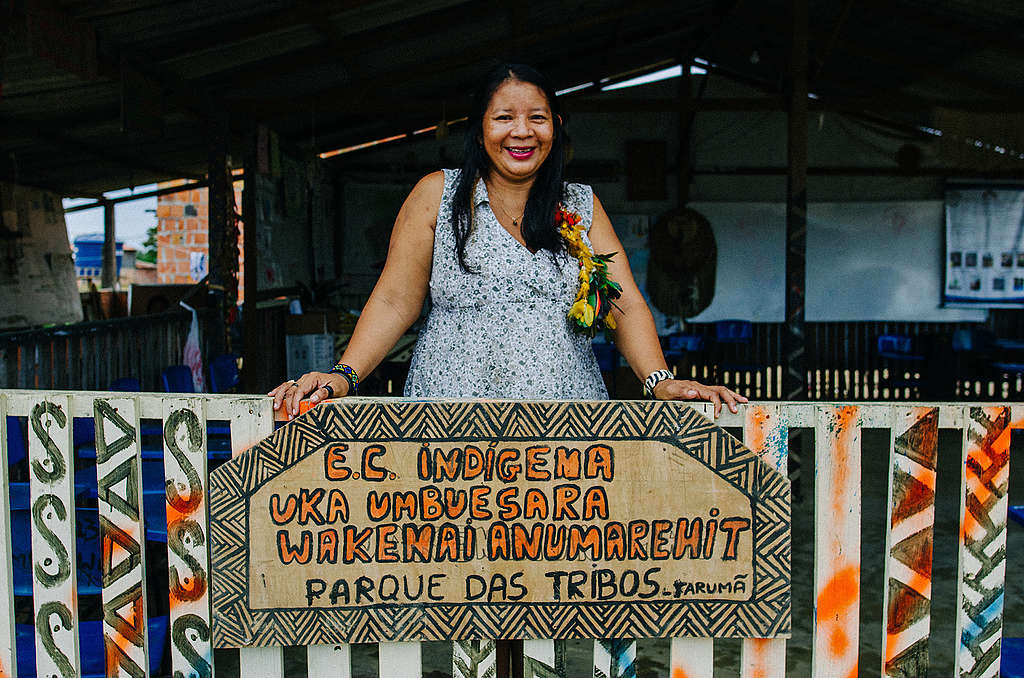
However, the school is also a tool for young Indigenous people to form their identities. Such affirmations enable young Indigenous people to overcome the racism and prejudice that they inevitably suffer.
“It will never cease to exist. But you have to teach the children, the women, the young people, the Indigenous themselves, to defend themselves and to overcome this prejudice.”
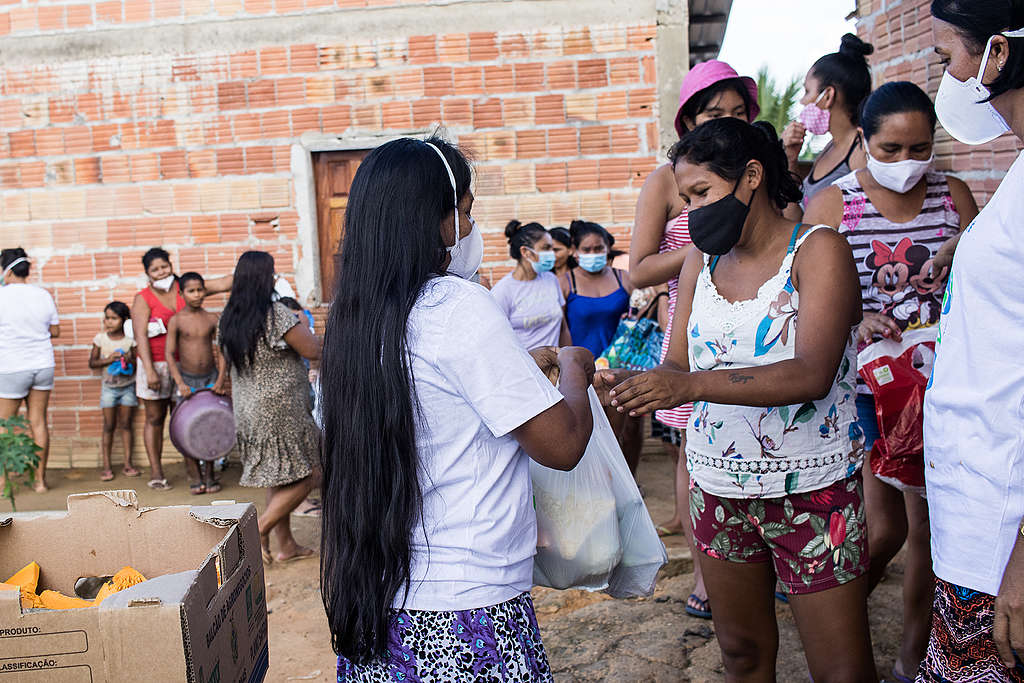
Parque das Tribos suffers the same structural problems of low-income, informal, urban communities across Latin America and the global south – extreme poverty, lack of basic sanitation and poor access to housing, education, employment and leisure opportunities.
For Renata Peixe-Boi of the Boca da Mata communal kitchen, Parque das Tribos is at the vanguard of Indigenous identity in the urban context.
“Today there are a lot of pressures that have already pushed people out of their territories,” she said. “And today there is the Parque das Tribos. It’s a reality and it’s extremely affirmative.”
These inspirational women at Parque das Tribos are showing us what can be achieved when we put the well-being of everyone, and especially women, children and young people, before profit. With future generations in mind, they have set in motion a transformational change in their community through empowering women and Indigenous communities, who are fighting for the important principle of inclusion, justice and diversity. Like the achievements of the ASA Network, we can take inspiration from this “bottom up Pluralism” to create more solutions and build a path to a clean, green and just future for our children, where progress is measured in collective well-being instead of monetary gain.
Renata Nitta is a Campaign Strategist for Alternative Futures project
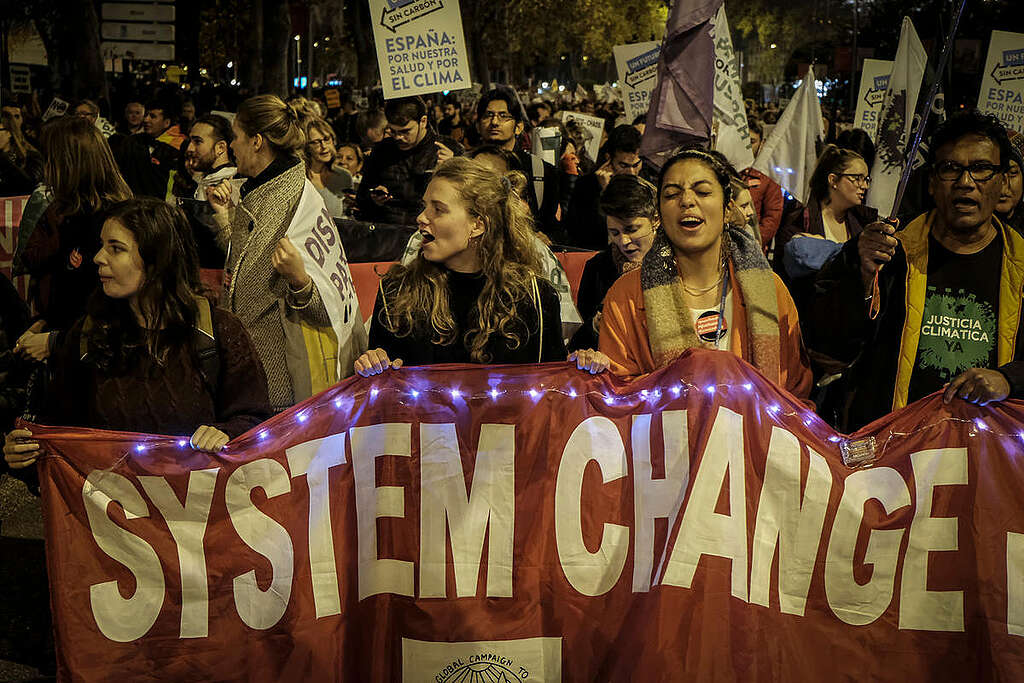
We’re asking governments to put wellbeing at the top of the agenda. Join our global movement and let’s demand wellbeing for all!
Join our global movement!